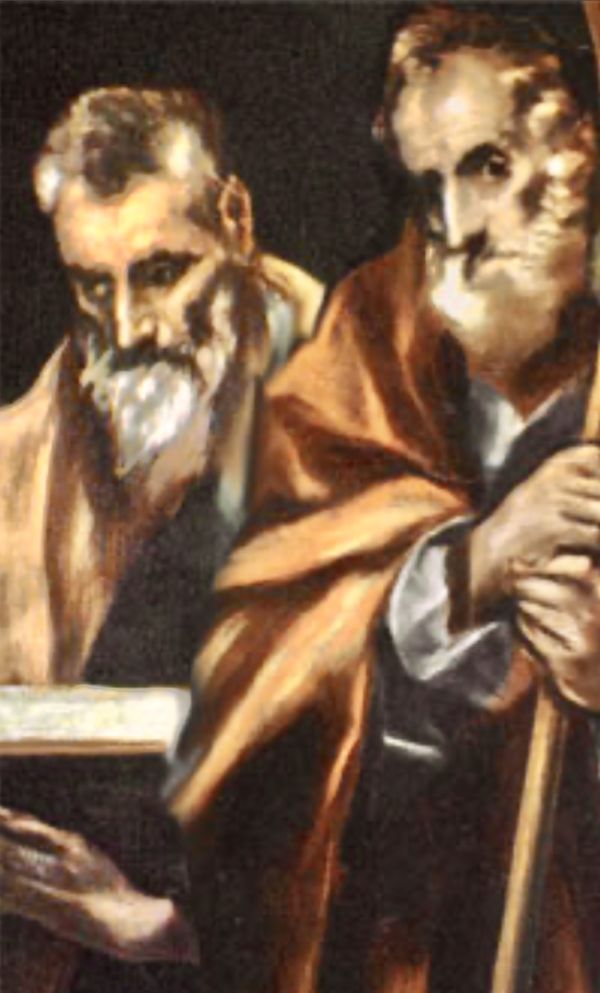He Called to Himself: emergency by Name, before than around
(Lk 6:12-19)
Lk reflects the double direction of worship in primitive communities: Prayer as a significant openness to the Father and internal celebration among disciples (vv.13-17) - and the public Proclamation with works, to the people.
The community is close: God is in our history. The idea of a distant Kingdom produces separations, pastorally inconsistent pyramids, and dispersive cultivation of interests.
In short, it’s crucial to mature first, wherever we live.
Whoever cultivates many cravings projects them; he causes his own murky influences. For this reason Prayer and reflection are necessary, which - from Listening - transmit to us the sense of our being in the world and a right disposition.
It seems a paradox, but concern for the needs of the multitudes is a problem exquisitely rooted in the depths.
It is from oneself and from the community that we look with empathy at the world itself, knowing how to recover its opposite sides.
It is the Way of the Interior that penetrates and activates the way of the outside.
Thus we immerse ourselves in the Source of Being: to shift our hasty gaze. He who is not free cannot free.
The only wise way to scrutinize far is to stick to the reason for things, a principle that we actively know, if not misled by superficiality and reductions.
Understanding the nature of creatures and conforming to them in a growing way, everyone is inspired to transmute and complete, enriching even the cultural sclerosis without alienating forcing.
All this, activating a practice of goodness even with oneself.
Not to distinguish the moment of the Vocation from that of the ministerial Sending: the way of Heaven is intertwined with the path of the Person.
It’s in short to approach the sense of the missional uniqueness of each Apostle that Jesus spends an entire night in Prayer (v.12).
Most of the early followers have names typical of Judaism, even of the time of the Patriarchs - which indicates a mental and spiritual extraction rooted more in ancient religion than in the new Faith: reality not easy to manage.
But also for them the Lord releases his full strength of Life, despite the fact that in themselves they were ordinary individuals, full of limits.
However, the Kingdom is «local and universal» [Brethren All, nn.142-153], Near and by Name - as the Gospel passage from Lk.
This is the multiple force, biting, incomparable, close and personal, which wins any possibility of ideal sabotage [because of adverse circumstances].
Power drawn both from direct prayer to the Father in Christ - in his night Listening (v.12) - and from the works of love (vv.17-19).
Powers in personal, sensitive, shared symbiosis.
Mission not only for excellents, nor unilateral, but for a restless contagion.
Announcement of new Light received in Gift: where precisely not a single form or colour appears.
And the Axis is for us: hiding sometimes with Him.
«This is what tradition was subsequently to formulate in the well-known saying: "Contemplata aliis tradere" (cf. St Thomas, Summa Theologiae, IIa-IIae, q. 188, art. 6)» [Pope Benedict].
To internalize and live the message:
In your experience, which chain united Heaven and earth?
[St Simon and Jude, October 28, 2024]












